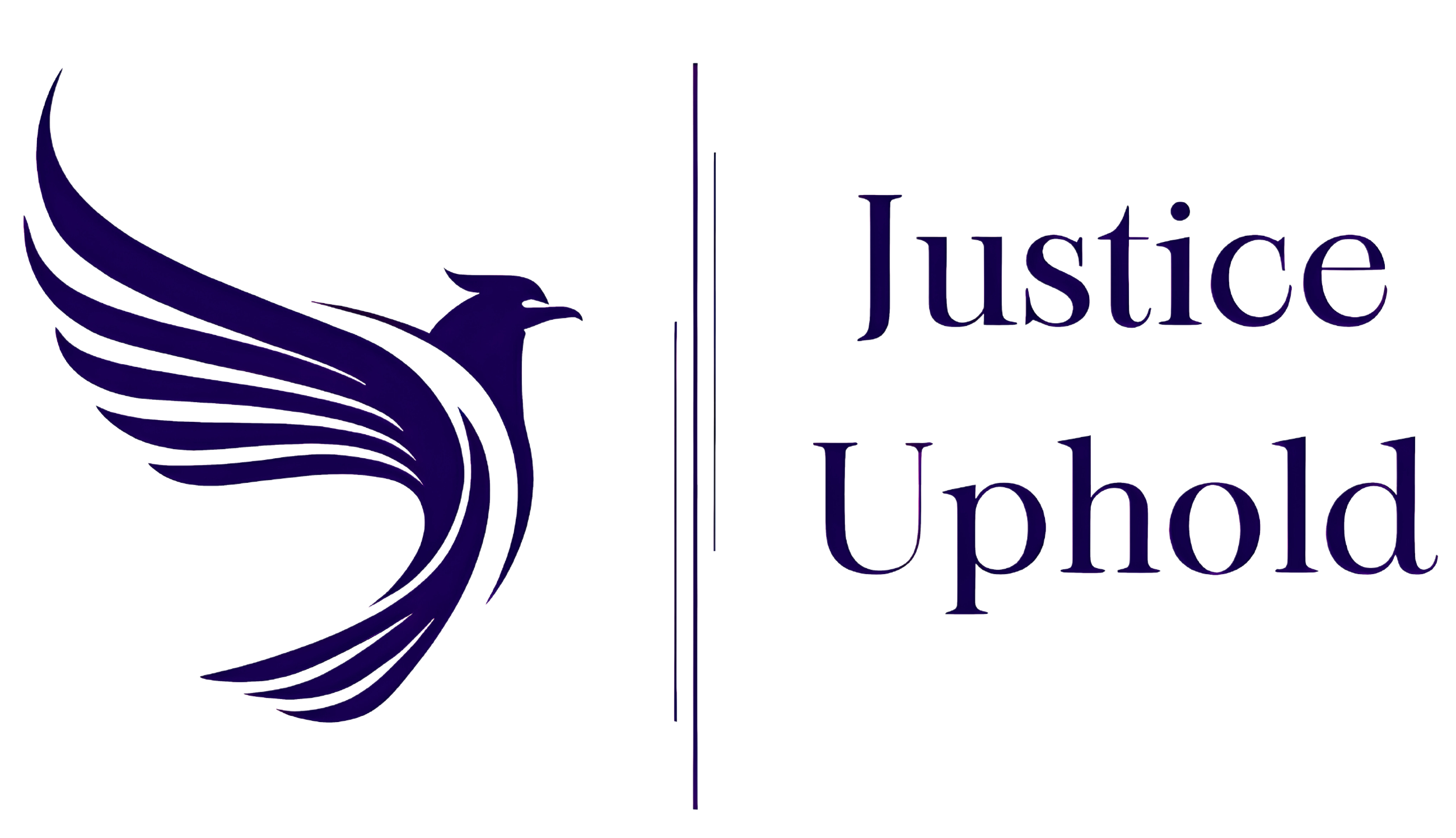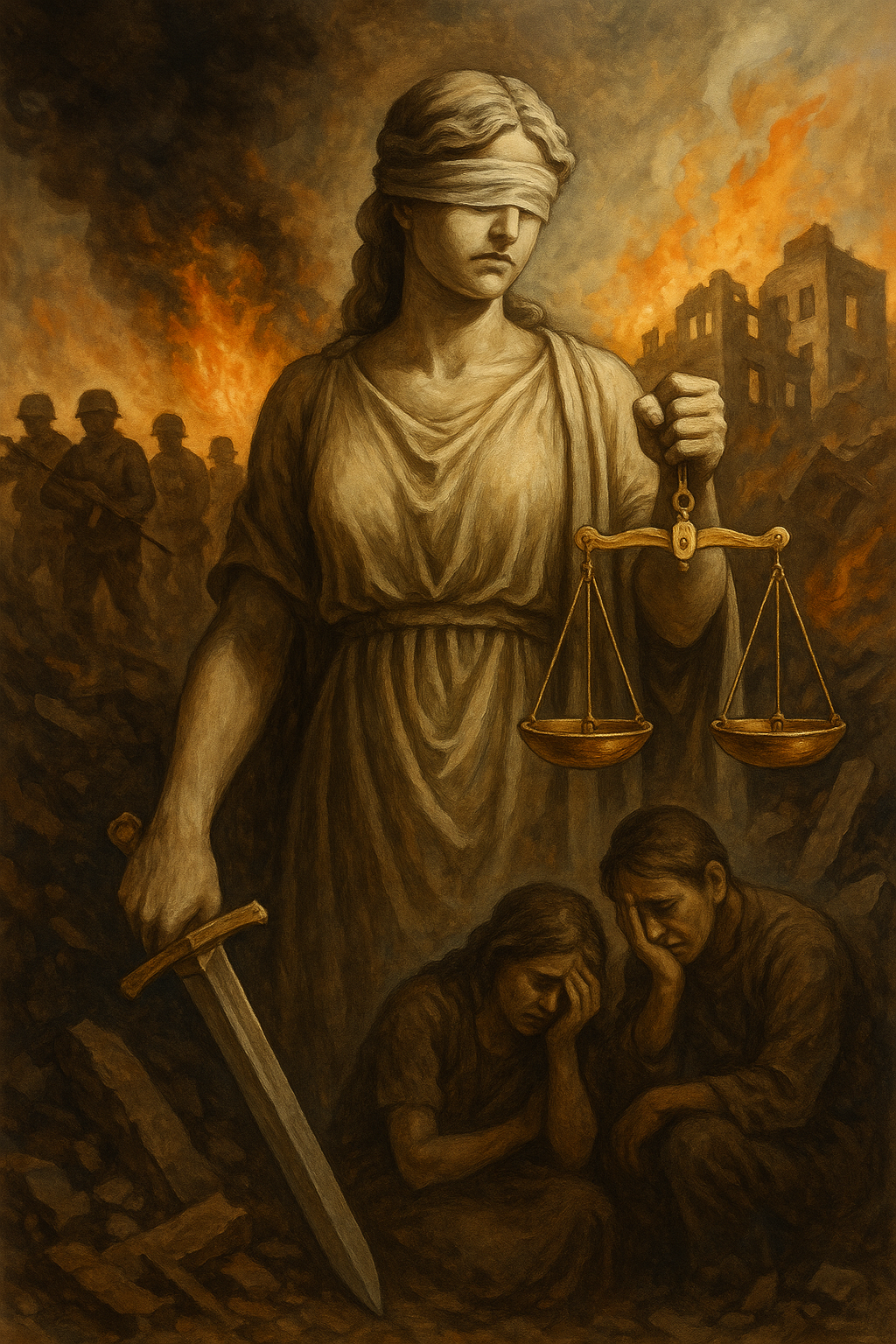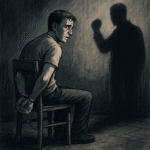One morning you wake up and everything is in its place: your phone is still on the bedside table, your car is at the end of the street, and yesterday’s money is still in your bank account. No one came to you and said, ‘Today we are seizing your property.’ What a miracle, isn’t it?
Actually, it’s not.
This is the product of the silent workings of the legal system. It goes unnoticed, doesn’t make headlines, but it keeps our lives in balance every day. That’s why 10 July, World Law Day, should be a day for all of us, not just lawyers or judges. Because where there is law, there is peace; where there is law, there is equality.
Law is not just thick books filled with legal provisions, people in robes, and courthouse corridors. Law is an invisible shield standing beside a worker seeking justice, a woman resisting harassment, and a young person wanting to express their thoughts freely. If there is law, the voice of the powerful is not heard, but the voice of the righteous is heard. If there is law, fear is replaced by trust.
Unfortunately, the realities of the world are far from these ideals. In some countries, people are imprisoned for years just for posting a tweet. In some regions, the judiciary becomes a tool of the ruling power; decisions are made not in courts but in palaces. In these systems where law is instrumentalised, justice is no longer seen as a value but as a threat.
This drags not only individuals but entire societies into darkness. Wars, corruption, discrimination, forced disappearances and torture… All these crimes against humanity are usually made possible by the suspension of the rule of law. When the law is silenced in a place, freedoms are curtailed first, then people.
Lawlessness does not only victimise individuals; it also lays the foundation for generations of trauma, insecurity and polarisation.
Yet justice is not just a concept for people whose conscience has not been dulled; it is a necessity. A necessity so fundamental that one day it will be necessary for everyone… True justice is a balancing act that remains unshaken by enmity and unmoved by friendship. Justice that is not blinded by hatred and does not turn a blind eye to love is a virtue that flows from within a person.
Where there is no law, force speaks, and where force speaks, rights are violated. An order that does not uphold rights and the law cannot be long-lasting. Because rights are sacred, and no memory can be sacrificed for them.
Justice only gains meaning when it begins to rule within the human heart, not just in courts of law. For ‘conscience is the greatest court.’ Unfortunately, in some societies, when courts lose their conscience, people lose their hope. Yet law is a rational endeavour imbued with mercy. Justice is not merely about punishment; it is an effort to sustain goodness.
However, law does not function merely by existing. The scales of justice are balanced by the sensitivity of society. The supremacy of law is not achieved solely by written rules, but by everyone—from the highest to the humblest citizen—adhering to those rules. Otherwise, law becomes nothing more than a facade; empty, mere appearance.
Today, on World Law Day, we must ask ourselves: Does the law work equally for everyone in society? Are the doors of justice truly open to everyone? And more importantly, what are we doing to keep those doors open?
Because the law is not only upheld in courtrooms, but also on the streets, in schools, at home, and in the workplace.
It is the conscience of society. If it remains silent, everyone’s voice is silenced.
And let us not forget:
‘If law cannot prevent injustice, it serves only the powerful.’
Today, this is a step toward reversing that statement. With the hope of a world where law truly belongs to everyone…


